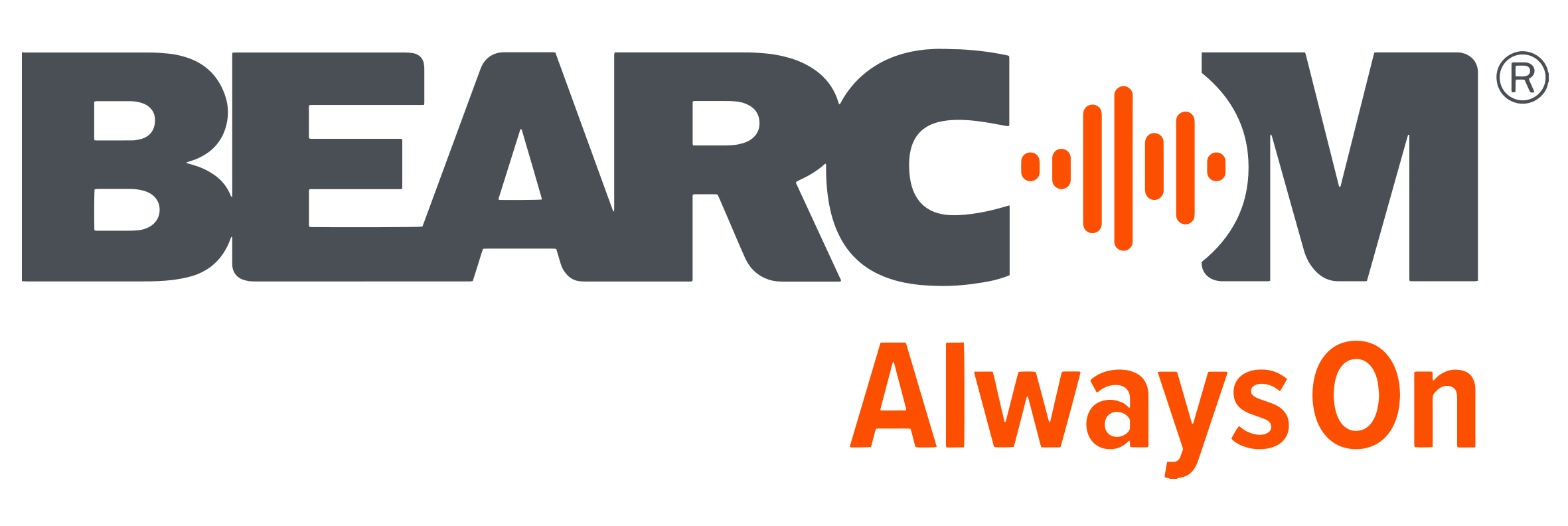
Highly mobile people and companies inevitably find themselves disconnected — the traveling sales rep stuck in a hotel with no
Wi-Fi or the oil-and-gas developer drilling wells 50 miles from the nearest cell tower. That’s where satellite phones and broadband cards really prove their worth. An Iridium sat-phone bounces calls off a satellite and can reach people in polar regions, remote deserts and empty expanses of ocean. A broadband card connects to the Internet over a
cellphone provider’s network so people can use the web in areas where it’s otherwise unavailable.
People often
rent satellite phones because they’re only planning to use them for a short time. They can be expensive to purchase and use relative to how much use you get out of them. Renting helps distribute those costs across the dealer and the user.
Satellite phones can be a lifesaver in extreme locales
Iridium is the top provider of sat-phones, which can place a phone call from just about anywhere on earth that is within range of Iridium satellites. In addition to standard voice-call capability, Iridium phones may come with options such as:
- GPS tracking, so people will always know where you are
- Emergency SOS signaling, which directs rescuers to your location in an emergency
- Data access, so you can get on the Internet
- Google Maps support for navigation assistance
- Rugged construction for water, dust and vibration resistance.
Keep in mind that a satellite connection is not a slam-dunk in every locale. Tall mountains and dense forests can block satellite transmissions. Furthermore, satellite communications typically do not work indoors, which is something to think about if extreme weather is likely.
When you’re renting a satellite phone, you need to ask a lot of questions, such as:
- Are there access/data usage fees beyond the rental fee?
- What are the limits of the dealer’s contracts with the satellite carrier?
- Does the exact model you’re renting have the precise features you need?
- What kinds of environments pose communication challenges for the model you’re using?
- How long is the battery life, and are spare batteries and chargers available?
- What happens if the phone gets lost, damaged or stolen?
A satellite phone can be a lifesaver in extreme locales, as long as you understand its limits.
Broadband cards keep you connected
It’s tempting to think the age of smartphones has rendered broadband cards obsolete, until you consider the prospect of building an Excel spreadsheet on your iPhone.
A lot of times, mobile workers simply have no choice but to break out their laptops for processor-intensive work that cannot be done on a phone or a tablet. And they may be working on time-sensitive projects with tight deadlines. That means they need their Internet right now, rather than whenever they can find it.
Wi-Fi access is far from universal, but most populated areas have
cellphone service. The broadband card makes a call over the
cellphone network and connects a laptop user to the cell provider’s Internet service. Some broadband cards can connect several users at a time.
Questions to ask when renting broadband cards:
- How fast is the data connection? Some are 3G, which is widely available, and some are 4G, which is much faster but has less coverage.
- Who is the cell provider? Users need to know which network they’ll be connected to, because not every provider has identical coverage.
- What are the data usage limits? Extra charges may kick in if you try to stream YouTube videos over your broadband card.
- What’s the power source, and what kind of batteries does it use?
Renting satellite phones and broadband cards have the same advantages as renting any other kind of equipment: You’re always using the latest technology and the dealer handles most of the technical details. For temporary projects or events, renting is very often the best way to go.
 Highly mobile people and companies inevitably find themselves disconnected — the traveling sales rep stuck in a hotel with no Wi-Fi or the oil-and-gas developer drilling wells 50 miles from the nearest cell tower. That’s where satellite phones and broadband cards really prove their worth. An Iridium sat-phone bounces calls off a satellite and can reach people in polar regions, remote deserts and empty expanses of ocean. A broadband card connects to the Internet over a cellphone provider’s network so people can use the web in areas where it’s otherwise unavailable.
People often rent satellite phones because they’re only planning to use them for a short time. They can be expensive to purchase and use relative to how much use you get out of them. Renting helps distribute those costs across the dealer and the user.
Satellite phones can be a lifesaver in extreme locales
Iridium is the top provider of sat-phones, which can place a phone call from just about anywhere on earth that is within range of Iridium satellites. In addition to standard voice-call capability, Iridium phones may come with options such as:
Highly mobile people and companies inevitably find themselves disconnected — the traveling sales rep stuck in a hotel with no Wi-Fi or the oil-and-gas developer drilling wells 50 miles from the nearest cell tower. That’s where satellite phones and broadband cards really prove their worth. An Iridium sat-phone bounces calls off a satellite and can reach people in polar regions, remote deserts and empty expanses of ocean. A broadband card connects to the Internet over a cellphone provider’s network so people can use the web in areas where it’s otherwise unavailable.
People often rent satellite phones because they’re only planning to use them for a short time. They can be expensive to purchase and use relative to how much use you get out of them. Renting helps distribute those costs across the dealer and the user.
Satellite phones can be a lifesaver in extreme locales
Iridium is the top provider of sat-phones, which can place a phone call from just about anywhere on earth that is within range of Iridium satellites. In addition to standard voice-call capability, Iridium phones may come with options such as:




